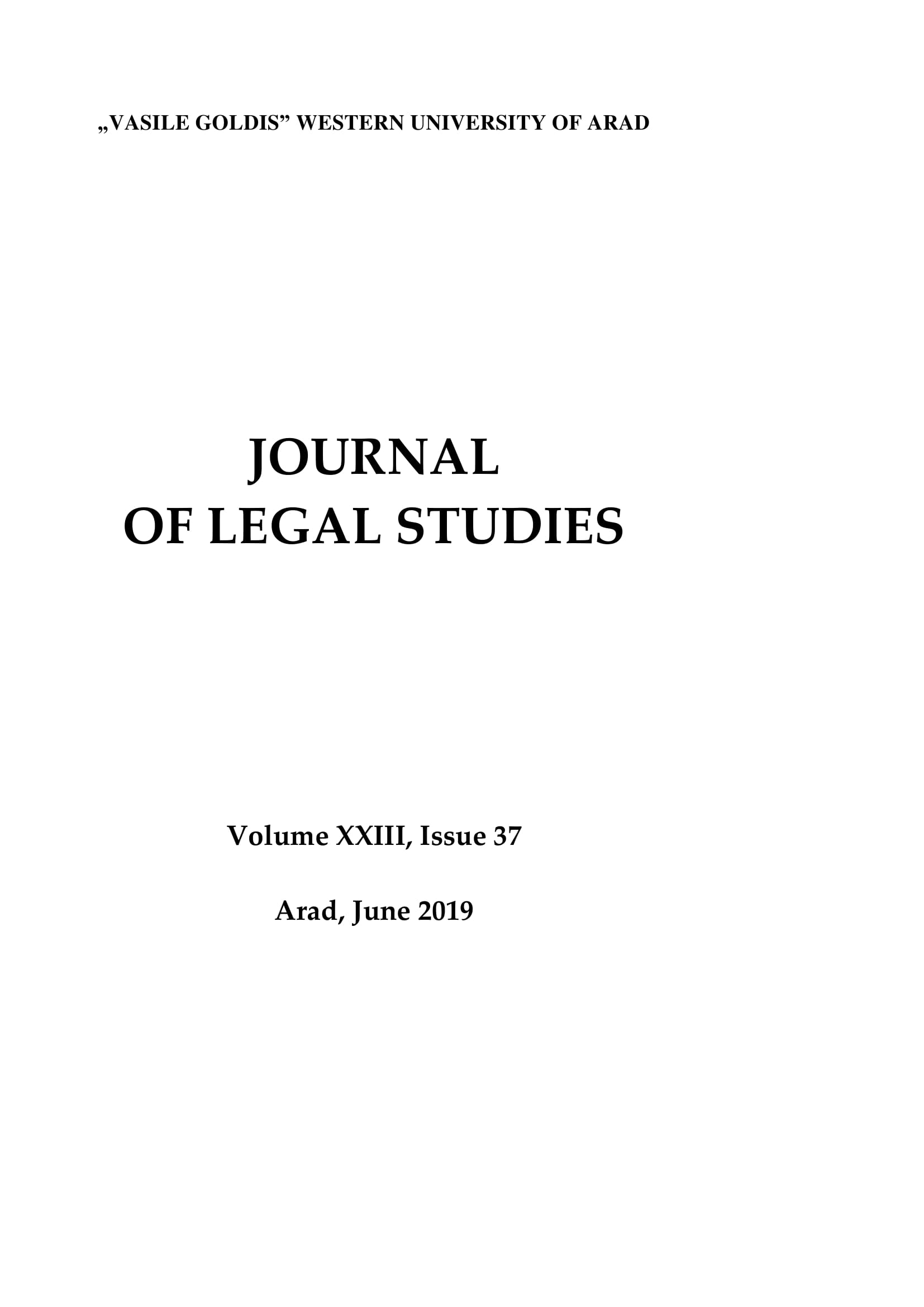Decision-making in the International Monetary Fund: Implications for Sovereign Equality of States
Decision-making in the International Monetary Fund: Implication for Sovereign Equality of States
Author(s): Alex AnsongSubject(s): Law on Economics
Published by: Editura Universităţii Vasile Goldiş
Keywords: IMF decision-making; sovereign equality; conditionalities;
Summary/Abstract: The International Monetary Fund (IMF) is one of the post-Second World War international organisation set up to promote good international economic cooperation among states. Unlike international organisation like United Nations (UN) and the World Trade Organisation (which succeeded the General Agreement on Tariff and Trade 1947), decision-making in the IMF is quite peculiar in that it is based on the joint stock company model where the value of shares determine the value of a member's vote. Thus, the principle of sovereign equality of states that underpins the non-member-one-vote system in the UN and WTO is absent in the IMF. This paper discusses the various decision-making organs in the IMF and concludes with a discussion on the sovereignty implications of the use of IMF conditionalities in giving of loans, especially to developing countries.
Journal: Journal of Legal Studies “Vasile Goldiş”
- Issue Year: 23/2019
- Issue No: 37
- Page Range: 44-66
- Page Count: 23
- Language: English

